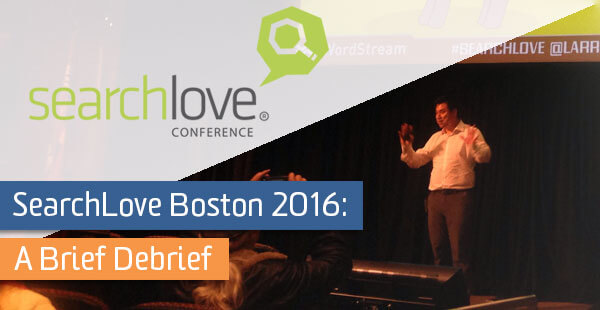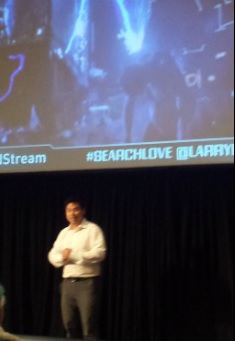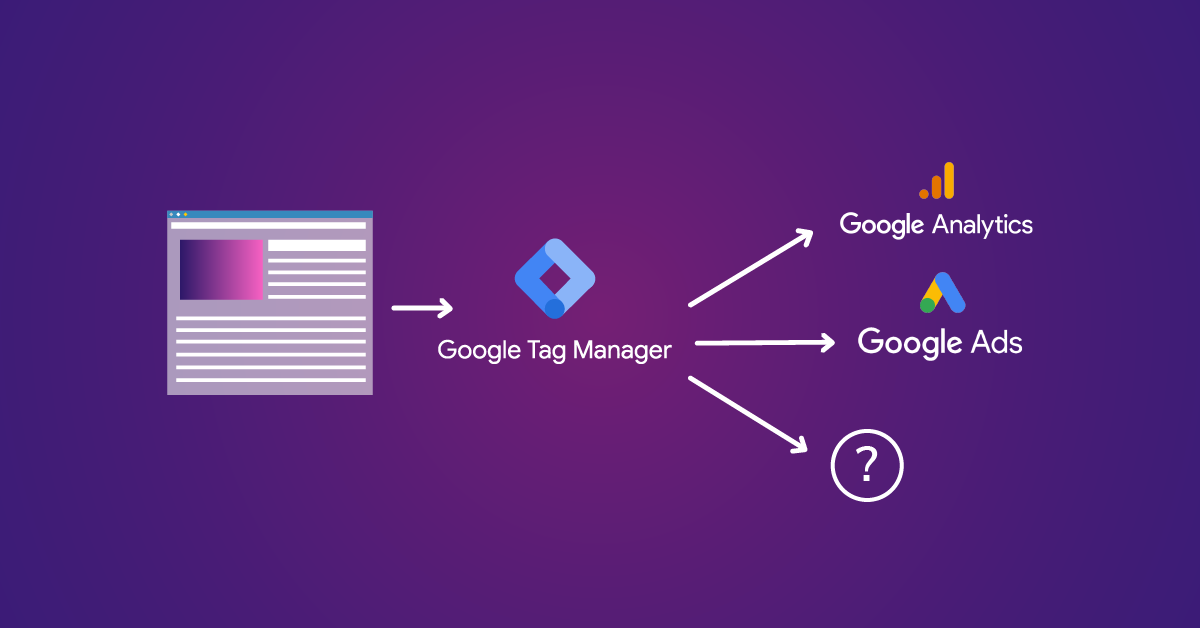SearchLove Boston 2016: A Brief Debrief

Whenever I come back from a digital marketing conference, I dread hearing those five inevitable words: “What was the big takeaway?”
But despite my fear, I usually have an answer ready. I can’t say the same after attending Distilled’s SearchLove in Boston last week.
This is not a slight on the quality of the conference; Lynsey Little, Will Critchlow and the rest of the team at Distilled put on a fantastic, thought-provoking event.
Rather, it speaks volumes about how complex and, frankly, bizarre the SEO industry really is. So instead of just one takeaway, I’m going to give you some of the immediate thoughts that have been simmering in my mind since the flight home to Pittsburgh.
Let’s get to it:
We’re Going Back to the Basics (of Marketing)
We often joke here that the new SEO is not doing SEO. And the speakers at SearchLove seemed to agree.
There wasn’t much talk of link building. There was talk about PR, outreach and community-building.
There wasn’t much talk about optimizing content. There was talk about storytelling and establishing trust and credibility.
There wasn’t much talk of domain authority. There was talk about dollars and revenue. As Wil Reynolds put it, “People don’t want traffic. They want money.”
Even one of the most “traditional talks” about keyword research from Paul Shapiro was about automating the process so we can focus on more important and interesting endeavors.
We’re back to basic marketing.
Not that we had ever drifted too far away; the goal has always been “drive awareness, build trust, satisfy users, and make money.”
But we’re rapidly approaching the end game of the strategies we used to employ, both white and black hat.
With very simple examples, Marcus Tober showed us the comically tragic pitfalls of clinging to our antiquated ways: if somebody is searching for “movie where they make fun of Star Wars,” they certainly don’t want any result that has that phrase, or any part of that phrase, as a keyword target. They want an article about Spaceballs.
In his presentation, Will Critchlow summarized this phenomenon, stating, “the future is search that finds results based on what I mean, not what I say.”
If you’re eHow, you didn’t get this memo. You wrote a separate article for every keyword variation and your visibility (and stock) went down the drain. Your users didn’t want 630 articles targeting every variation of “how to save money.” They did want one article that satisfied that singular intent.

Giving the user what they want at every opportunity, packaged in a quality user experience in a way that satisfies their intent is no longer optional. It’s mandatory, and it’s the goal that should underline everything we do for ourselves and for clients.
We’re not out of the woods yet, however. We still need keywords to bridge the gap between query and result (more on this later), but the winds certainly seem to be shifting.
SEO Is Becoming More Contextualized
While we’re moving back to applying the marketing basics at all levels of SEO, we also have far more context to consider as we do our work.
If you’re doing local SEO, your primary concerns in many ways are still traditional SEO, in addition to making sure your citations (in GMB and elsewhere) are consistent and making sure it’s clear where and who you are. For a local SEO, link profiles and domain authority are still big drivers.
However, if you’re in the national health or finance sector, number of links and referring domains, along with keyword-targeted title tags, are actually correlated with lower rankings. As Marcus Tober put it, “look at ranking factors in the context of your industry.”
We need to shift away from universal best practices and focus on what works for us. Rand Fishkin talked about doubling down on the work that improves the metrics you care about most. If that involves managing a community in a forum, do that!
But in order to find what works for us, we need to use Analytics and Google Tag Manager to track the metrics we want to focus on.
I’m not talking about out-of-the-box, default implementation. I’m talking about the good stuff. Content groupings, calculated metrics, and more.
And the best part is, you actually don’t have to move much further than this blog. The Analytics team at LunaMetrics’ knowledge in this area is world-class. And to give you a starting point, here is how we on the Search team at LunaMetrics leverage that expertise.
And while you’re at it, give Simo Ahava’s blog a visit. His work is awesome and we’re big fans here.
The Future Is Exciting … and Scary … and Confusing

“Come with me if you want to live.”
I’m not going to lie. The future is pretty scary.
Between machine learning algorithms, RankBrain, and Skynet, the digital marketing world is beginning to accept that change is a-comin’.
The problem is, what kind of change is it? And how do we react to it?
Thankfully, we have leaders like Will Critchlow and Larry Kim, the search marketing Kyle Reese that John Connor sent back in time to save us from SEO Judgement Day.
Will showed us a future where machines can process extremely complex queries and interact with you in creepily uncanny ways. Check out this demo for Hound, a speech search assistant:
We’re living in a world where algorithms can pick up far more context and intent than they ever have before.
A world where search engines are so good at personalization, we might never see the same search results as someone else in the future.
Hell, they might know so much about us someday that a keyword might not even be necessary.
So what do we do? How do we stay relevant in this brave new world?
What we always should have done: don’t panic, stick to the basics, and keep testing to figure out what works for us.
Bonus: Boston Has Great Food

Seriously, keep it up guys.
Thanks to Distilled for such a great event! If you were there, I’d love to hear your thoughts!


